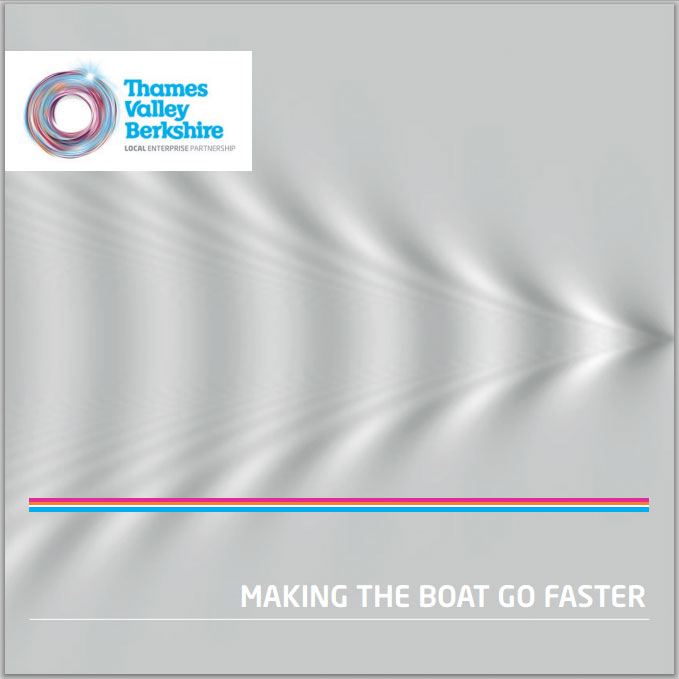FUTURE CLIMATE CHANGE NEWS
Learning climate-smart solutions in school; students play the computer game Minecraft. The aim is to be able to understand how abstract subjects work in practice.

Minecraft uses square blocks based stuff, a bit like a digital version of Lego. For some time all students in the seventh grade in high school play the game. It is part of an interdisciplinary project that spans the subjects of chemistry, physics, biology, social studies and English.
Should learn to build climate change smart
The project involves students working together to build a future city with pleasant climate smart solutions based on the knowledge they receive within their classes.
The purpose of this project is that students should be forced to make decisions relating to environmental issues in order to know what to build in the game. It creates a desire to learn, says teachers in science and mathematics.
In the game, students have built houses, among other things, containers for sorting and electricity through wind and hydro and solar cells.
I think it’s great fun for students to learn in a different way. Because you get to try to really build things so you understand more easily how they work, says a student at the school.
Required in teaching
Minecraft is a game that currently has around 40 million registered users worldwide. Most played of course at leisure, but at Reading’s coeducational schools it has now become mandatory for an entire year. Students must regularly submit ratings founding essays and keep accounts where they show what they have done and why.
We must not let the PC gaming take too much time. The students really know what they’re doing and understand what the purpose is, it is important to combine the game with the regular teaching.
So far pleased with the results
The project will continue in the spring term and as long as the school are happy with the results. In any case, we have gained a new perspective on some things.
Now I’m almost tempted to waste sorting because I learned what the consequences are if we do not take care of the environment properly.
Links to brief about this:
http://deangroom.wordpress.com/2013/02/03/8-ways-minecraft-works-on-your-brain/
http://blogs.ncs-nj.org/minecraft/2013/01/10/group-1-week-1-recap/
http://www.middleschoolminecraft.com/2013/01/06/science-minecraft-feathers-and-guinea-pigs/
http://www.guardian.co.uk/sustainable-business/minecraft-block-by-block-gaming




